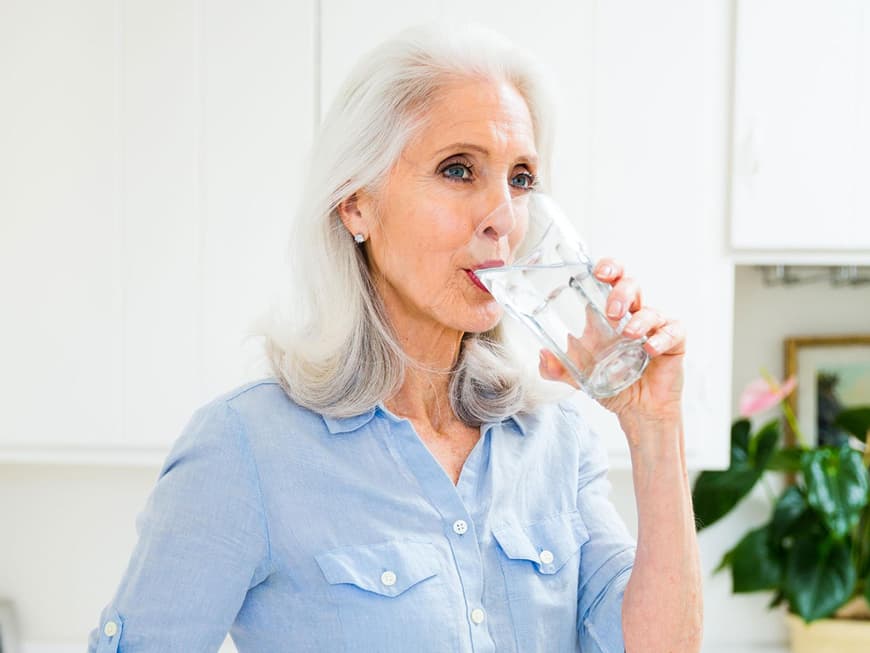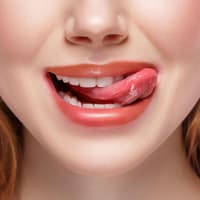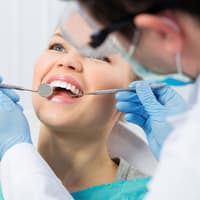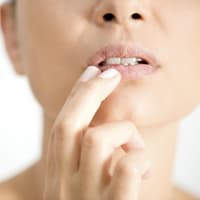
Older people often also have a reduced need to drink. Long-term use of medication for cardiovascular diseases, rheumatism, depression or diabetes can also lead to dry mouth.
Tasks of saliva
Saliva has many functions: It not only moistens the mouth and food, but is also important for swallowing and speaking. It also rinses and cleans the mouth and teeth, helps to neutralize acids in the mouth and strengthen tooth enamel. And it supports the immune system by warding off bacteria, viruses and fungi. If the body produces too little saliva, eating and speaking become difficult, the lips stick together and crack. The risk of tooth decay increases, as does the susceptibility to mucosal diseases.
Avoid spicy foods
The main way to combat dry mouth is to drink regularly and in sufficient quantities. It should be two liters a day, e.g. (mineral) water, fruit or herbal tea. If you have heart or kidney disease, ask your doctor about the right amount. Avoid dry air, spicy food, alcohol and smoking. Sugar-free sweets with aniseed, fennel or sage are recommended. Chewing gum that is easy on the teeth after eating stimulates salivation. Older people who have problems eating should not only eat pureed meals, as chewing promotes salivation and strengthens teeth and gums.
When to see a doctor?
Have the cause clarified if the symptoms persist for a long time or if the dry mouth is very pronounced and causes problems when speaking, chewing and swallowing. It is also important to see a doctor if you have other symptoms in your mouth (e.g. burning tongue, numbness) or if the dry mouth is accompanied by dry eyes, dry nasal mucosa, frequent urination, heartburn or joint pain.






